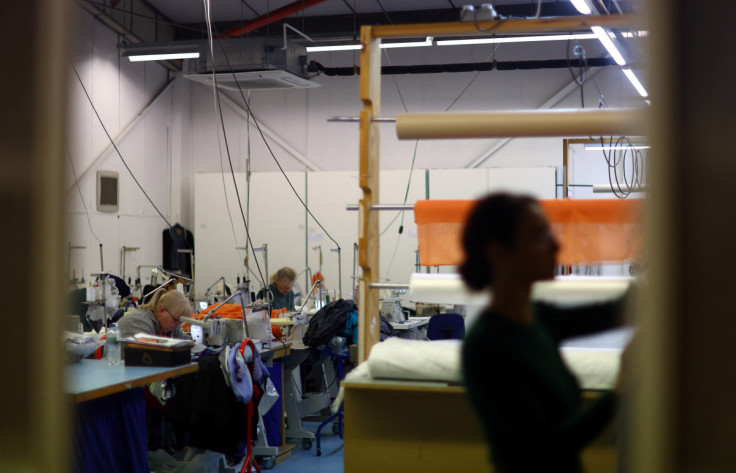UK workers forced to retire early due to the COVID-19 pandemic are now living in poverty
Many retirees who relied on income from investments or rental properties saw their revenue streams dwindle during the pandemic.

A significant number of older workers in the United Kingdom who were forced to retire early due to the COVID-19 pandemic have been pushed into poverty.
According to the Institute for Fiscal Studies (IFS), factors such as mass lay-offs coupled with the intensified health risks faced by older workers were likely to be the cause of their early retirement.
When the pandemic struck in 2020, older individuals, particularly those aged 60 and above, were considered more vulnerable to the virus. As a result, many companies encouraged or even mandated early retirement for their older employees to protect their health.
However, this unforeseen retirement wave has had severe consequences for many, leaving them grappling with financial hardships.
One of the main contributors to this crisis has been the inadequate pension savings of these early retirees. A significant proportion of older workers did not have sufficient time to build up substantial retirement funds, as they were forced to leave the workforce earlier than planned.
Many were counting on additional years of work to bolster their pensions and secure a more comfortable retirement but the economic downturn triggered by the pandemic has had a detrimental impact on the investments and savings of these retirees.
Plummeting stock markets and diminished returns on investments severely affected their financial stability. Many retirees who relied on income from investments or rental properties have seen their revenue streams dwindle, exacerbating their financial woes.
The IFS study revealed that the growing number of people taking early retirement were not wealthier individuals who no longer needed to work, contradicting previous assumptions. As many as 48 per cent of 50 to 70-year-olds who left their jobs in 2020-21 have since been living in relative poverty.
Households living in relative poverty are those with income below 60 per cent of the median. The imposed early retirement forced those who stopped working to cut their food expenditure by around £60 a week on average to keep up with their other daily expenses.
The lack of sufficient government support has also played a role in exacerbating the financial struggles faced by these older retirees. Despite various initiatives introduced to assist individuals affected by the pandemic, the existing welfare system has not adequately addressed the specific needs of older workers forced into early retirement.
Older individuals forced into unemployment were less likely to receive pension incomes compared with those who stopped working in previous years. The report discovered that about half of the respondents had no access to either private or state pensions in 2020-21, compared with 43 per cent just a year earlier.
Xiaowei Xu, a senior research economist at the IFS, older employees who had to leave their jobs during the pandemic could still return to the workforce and that it would be "critical" for the Department for Work and Pensions to create government policies to support older workers.
"It is often assumed that older people who left the workforce during the pandemic were wealthy individuals retiring in comfort. Our analysis shows that those who left in the first year of the pandemic experienced a sharp rise in poverty, despite overall poverty rates falling that year, and also suffered large falls in wellbeing," she said.
Charities and advocacy groups have sounded the alarm about the growing poverty crisis among these older individuals. They highlight the urgent need for comprehensive support measures that can alleviate the financial strain faced by retirees. Recommendations include increased state pensions, improved access to affordable housing, and targeted financial assistance programs to help older individuals rebuild their savings.
The plight of older UK workers who retired early due to the pandemic and have now been thrust into poverty highlights the urgency of addressing the underlying systemic issues. A comprehensive and compassionate response is needed to protect the financial security and dignity of these vulnerable retirees.
© Copyright IBTimes 2025. All rights reserved.






















